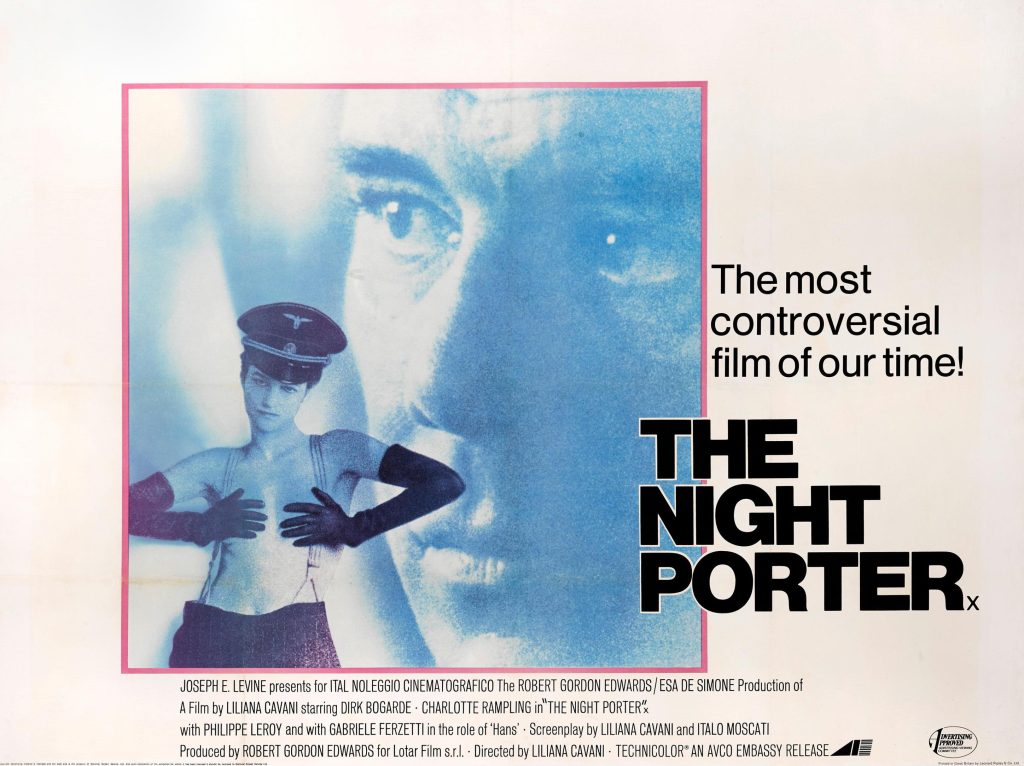The recent and tragic passing of the actor Linda Manz, just shy of her 59th birthday, was a startling one – perhaps more due to her age at the time of her death than the age at which, thanks to her best-known works, she seemed perpetually frozen. She appeared in only a dozen films and television series, the most recent of them more than two decades ago, but she was most remembered for her early turns in 1980’s Out of the Blue and, especially, in Terrence Malick’s 1978 picture Days of Heaven – newly streaming on Amazon Prime Video.
Days was her film debut, a factoid somehow both astonishing and unsurprising. It’s hard to believe in light of the tremendous accomplishment of her performance; there are screen actors who’ve spent their entire careers trying to capture the kind of lived-in naturalism that Manz puts across off-handedly. But it’s also all of a piece with the been-there, done-that nature of the character, someone who has, in her 15 years, already seen it all. The duality of her performance is further manifested by her iconic narration, in which we hear Malick’s earthy poetry from a voice both youthful and weathered.
It’s important to remember that Terrence Malick was not yet TERRENCE MALICK when he made Days of Heaven, and his dreamy, borderline-disconnected voice-overs and distinctive visual style were still a work in progress. He famously spent something like two years editing the film, and that fastidiousness is fascinating in light of how casual the product is, particularly at its onset; he ambles into this story sideways, with no buildup and no throat-clearing, almost like a preempted program that we’re joining in progress.
“All three of us been goin’ places, lookin’ for things, searchin’ for things… goin’ on adventures.” That’s how Linda (Manz) explains it; the other two members of that “three of us” are her older brother Bill (Richard Gere) and Bill’s girlfriend Abby (Brooke Adams). The time is 1916, and as the trio travels from place to place looking for work, Bill and Abby pretend to be siblings themselves, a lie that seems doomed for failure. And it is.

They land in the Texas Panhandle, where they go to work for a farmer (Sam Shepard). Malick is a patient enough filmmaker to linger on the physical hardship of this labor; “From the time the sun went up till the time the sun went down,” Linda says, “they was workin’ all the time.” But he gives equal attention to their occasional breaks of pleasure, reveling most memorably in the freewheeling spirit of a bonfire hoedown.
It is there that the farmer (he’s never called by his name) takes note of Abby’s dark good looks, and is taken by them. Bill, in the meantime, has overheard a conversation between the farmer and his doctor, seeming to indicate that a grave illness (“How long would you reckon I have?” “A year”), so when the farmer makes his intentions towards Abby known, Bill thinks he’s got it all figured out: she’ll marry the farmer for the brief amount of life he has left, and then they’ll inherit his money and live happily ever after. Easy breezy.
Of course, it’s not. Abby’s feelings towards Bill change, almost immediately, when she makes the compromise he’s proposed, and to further complicate matters, she soon feels genuine love for her husband, who “didn’t get sicker. He just stayed the same.” It’s a no-win situation for Bill, and one that becomes increasingly hopeless.
This was Gere’s first leading role, and while it’s fiercely physical – this is not a man who hesitates to throw hands – that physicality is also a clever cover for the internalized pain of his performance. He knows he’s blown it, almost immediately, and that feeling is beautifully conveyed by the hesitation and regret on his face as he watches his lover and her new husband drive away from him. Adams, an actor who’s never really been given her due, has a less showy role, but finds the quiet truth of the character; when she explains how “this is not so bad,” an entire matter-of-fact worldview comes across in a few carefully chosen words.

Words are not in abundance in Malick’s script. As in many of his films to come, there are scenes where we don’t hear any dialogue at all (boldly enough, the film’s inciting incident is drowned out by the noise of a factory), which is fine, because frankly, the specifics don’t matter. But this is also not to say that the dialogue isn’t worth hearing; there’s a special kind of Texas honey in a line like “Man’s got one foot on a banana peel, the other on a roller skate.”
But it’s mostly a sensory experience. The cinematography – by Nestor Almendros with Haskell Wexler – deserves its outsized reputation. It’s gorgeous, a swirling dance of light, shadow, and sunlight, and the compositions (most of them either up-tight, intimate close-ups or stunning wides) are breathtaking. But what’s most striking about Days of Heaven, this far on, is how in spite of decades of canonization, it doesn’t feel like an Important Movie; it’s free, and fleeting (93 minutes), and vulnerable.
“You didn’t do anything to me,” Bill tells Abby late in the film, when he’s lost her, and he knows it, and she does too. “I didn’t know what I had with you… I’ve got nobody to blame but myself.” That kind of directness and openness is, frankly, what’s too often missing from Malick’s more recent works. Or maybe he just learned, in the decades of inactivity after Days of Heaven, what his characters did: that emotions generally (and passion specifically) can be nothing but trouble.
“Days of Heaven” is streaming on Amazon Prime.



